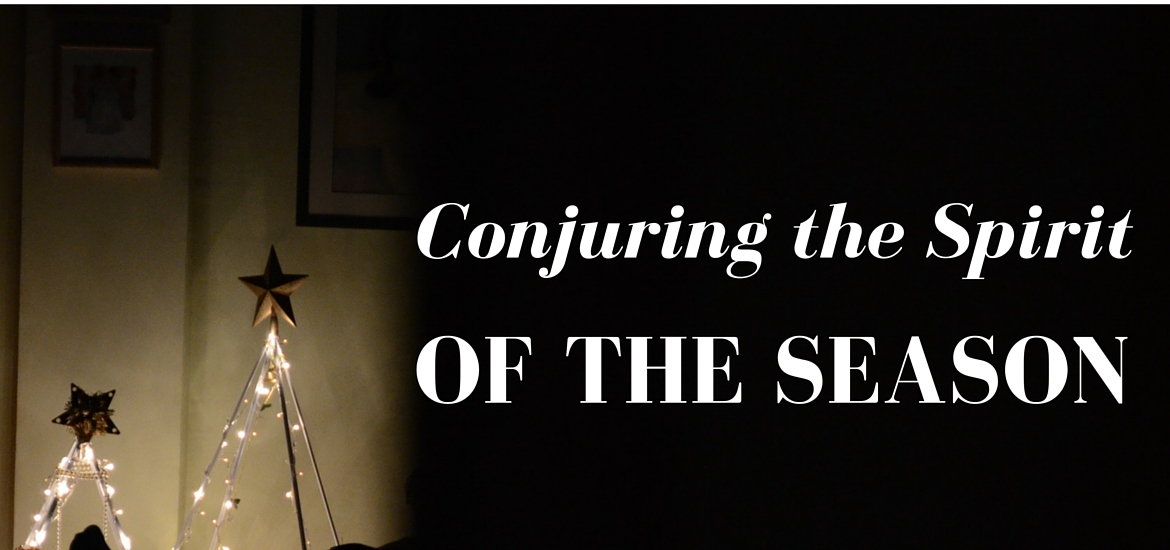The absence of Christmas spirit is a presence in my home. I skipped out on the normal mantel decorations. I didn’t even take the stockings out of storage. My gift wrapping is minimal and sloppy. I just haven’t been able to tap into the spirit of the season. In a world celebrating a season of merriment, music, and memory-making, my internal experience has not been able to align.
My first response was to “fake it til I make it” — to go through the motions of Christmas cheer and observe the rituals in order to make the warm fuzzy feelings follow. That did not work.
A few voices in my life have suggested prayer practices. I’ve sat in my office and settled into the quietness of prayer, only to find that my prayers are laments. My prayers are calling God to do better, to intervene more strongly. A wonderful woman gifted me a gratitude journal, nudging me to acknowledge the goodnesses, no matter how small, that my daily life holds. And while it does keep away full blown depression and does orient me toward gratitude, the practice also highlights that there are many who do not have what I do: a loving spouse, stable housing, warm meals.
It strikes me that my concern has been my inability to tap into the spirit of the season, but perhaps I’ve been overwhelmed by advent: a season in which we hope for light while surrounded by darkness.
The darkness is literal in a solstice sense, in a lack of daylight hours, but darkness is also metaphorical and spiritual.
In advent, Christ — the light of the world — has not yet begun to shine. All we have to guide our steps is faint, distant starlight, traveling lightyears to get to us.
In advent, we remember that Mary carried in her self something divine that was growing and waiting to enter the world. We remember that carrying and birthing the divine is a marathon labor: it can feel like walking miles on swollen ankles only to find there is no rest to be had at the end of the journey.
This is Mary’s story, and the Christmas story, and it’s also our story, it’s a creation story. The work of allowing a message to cultivate inside one’s self, the labor of bringing it forth, the frail hope that it will be received by others. We each have a gift that is waiting to be birthed.
So perhaps my sorrow and failure of Christmas spirit are right where I am meant to be this advent season in which darkness has many manifestations.
And tomorrow is Christmas, and I have the starting place of hope: not that tomorrow the world will be different, but that tomorrow I may feel differently, which could alter the world.


![Christian (Anti)Materialism - [Literate Theology]](https://kateraedavis.com/wp-content/uploads/2015/12/christian-antimaterialism-1.jpg)


